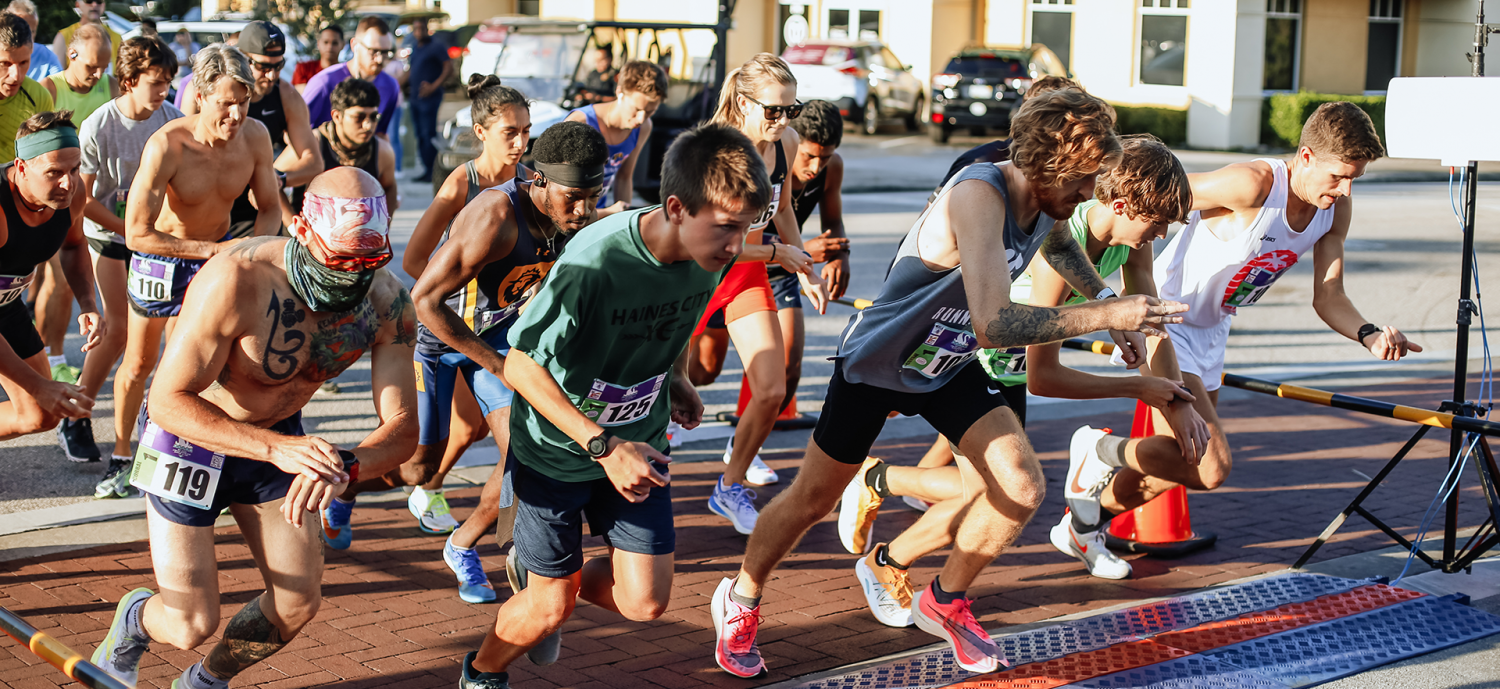The Power of Trust in Running

Learning to Have Trust:
This is a concept that is often ignored by runners when it comes to training and racing. Having trust in your training schedule, your fitness, and yourself is just as important as having trust in your partner or family member. Runners often don’t have much trust in their own training, even when they have a great schedule in front of them. They can also lack trust in their race plans. For example, they may not trust themselves to attempt a negative split race. They can even lack trust in their own fitness, even after all the hard work they’ve put in over the last few months. This typically leads to a decrease in self-confidence and fosters negative thinking.
Most of the time, beginner runners struggle with this issue. But don’t be fooled—even the most experienced runners can lack trust in their training, fitness, and race strategy. Some likely causes of this mindset could be past injuries or poor recent race results. To help you understand how to trust your training and avoid mistakes, here are some examples of how a lack of trust in your coach, your training, and your fitness can lead to poor races or injuries—and how you can prevent similar situations from happening to you.
You Must Have Trust in Your Fitness:
There can be many factors that cause you to lack trust in your fitness. When you’re standing on that starting line, you must be confident. If you’re not confident in your fitness, you won’t race well. The next time you line up at the starting line, don’t let any other runner, no matter how fast they look, prevent you from trusting your fitness. This will help you avoid running a poorly-paced race. To prevent this, practice mental strategies in training and use them on race day to ensure you always trust your fitness. You’re more ready than you think.
Trust in Your Coach and Training Plan:
There are many good reasons why you have a coach. They’re the expert guiding you in the right direction. For example, if your coach thinks you need some extra rest after tough training, trust their judgment. When injured, you might have a million different thoughts and ideas running through your head, some of which may seem crazy. But your coach is there to keep you grounded and help you make the right decision so you can resume training without any issues. Most importantly, if you’re going to put in the work to hire a coach and follow the training plan, the least you can do is trust that it’s all going to work out.
Have Trust in Yourself:
One of the toughest things you can learn as a runner is that being tough doesn’t mean you have to crush every workout and push through the fatigue. This mindset is something most runners deal with in training. But this couldn’t be further from the truth. You must have confidence in yourself and believe that you can take extra rest days, run less mileage, or skip a workout and still perform well on race day. Don’t let this approach be your weakness. Learn from your mistakes and trust yourself to listen to your body when it’s tired or injured. Be confident, and great things will happen.
— Coach Jon Mott